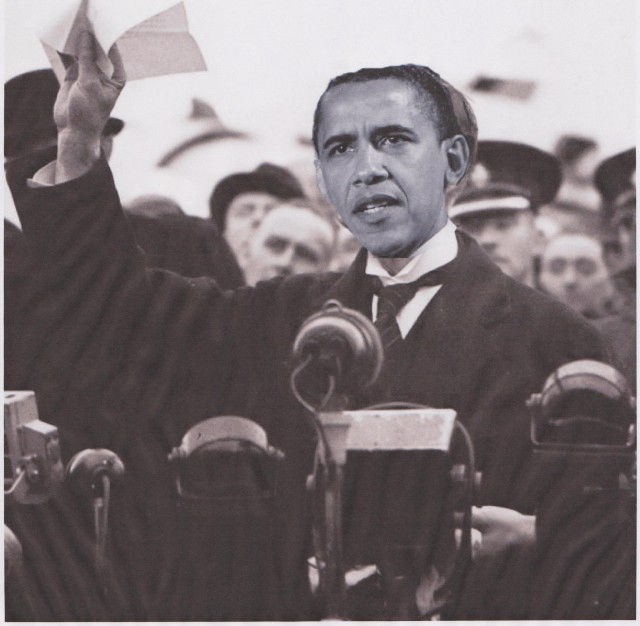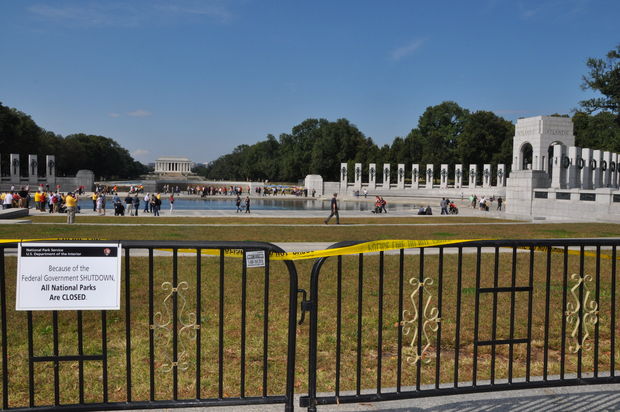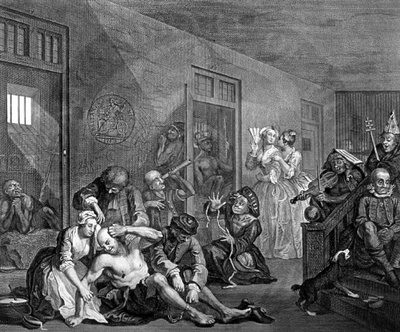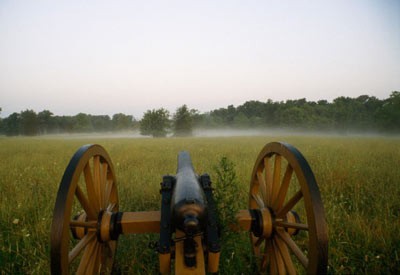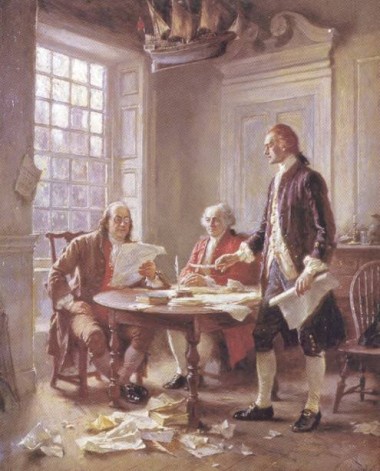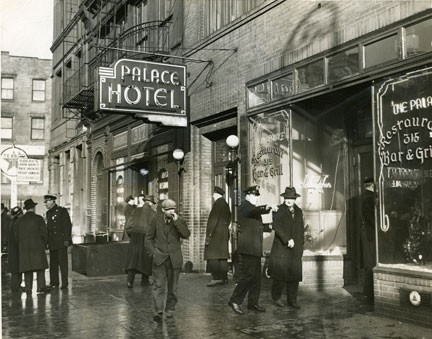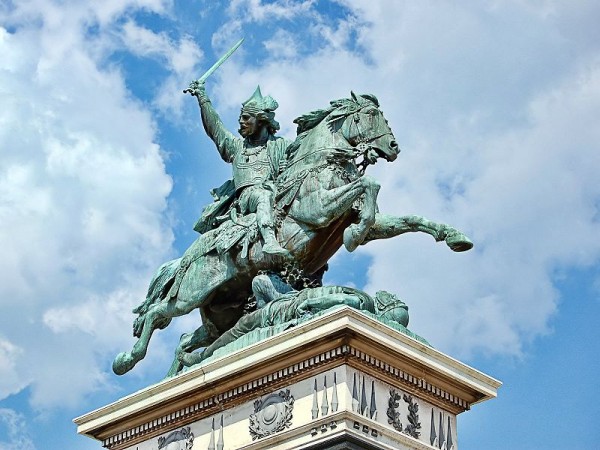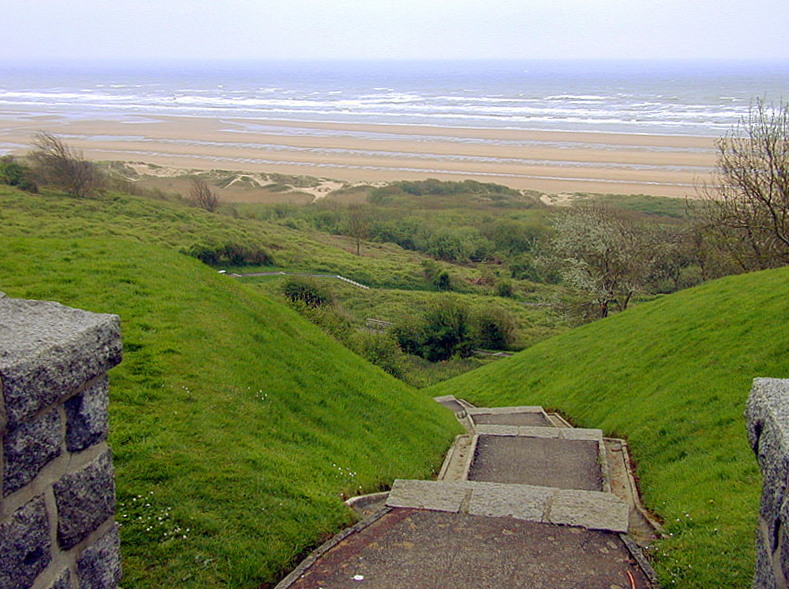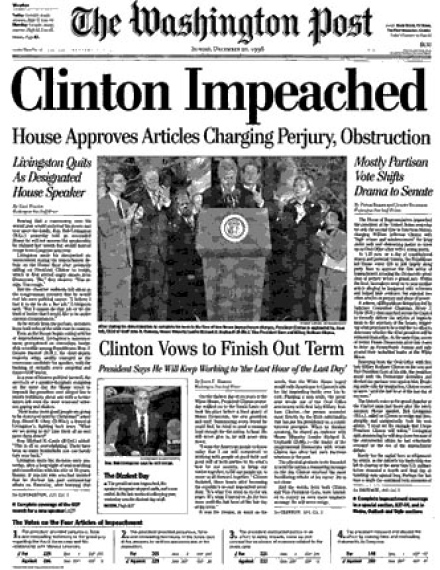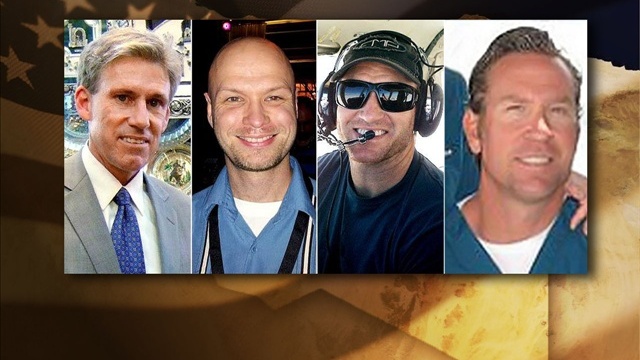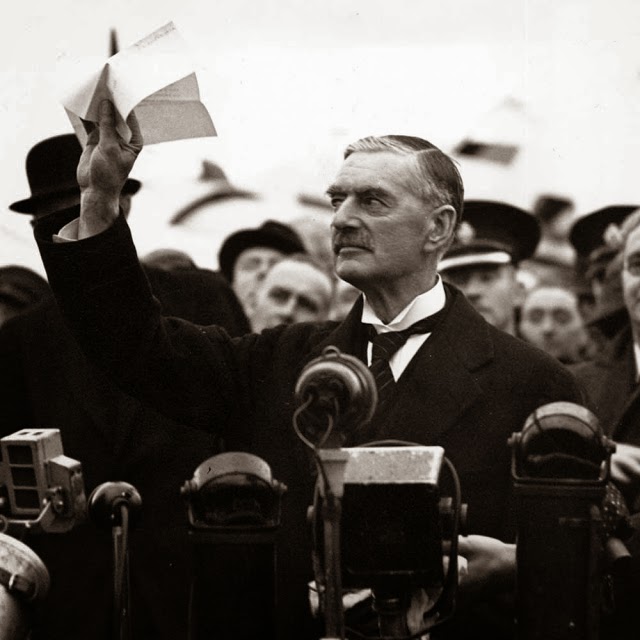
On September 30th, 1938 an ebullient Prime Minister Neville Chamberlain spoke in front of an enraptured crowd, having just stepped of the plane from his triumphant visit and negotiations with the once Chancellor now Fuhrer of Germany, Adolph Hitler. Raising a piece of paper above his head he declared that what he had achieved was “peace in our time”.
“The settlement of the Czechoslovakian problem which has now been achieved is, in my view, only a prelude to a larger settlement in which all Europe may find peace. This morning I had another talk with the German Chancellor, Herr Hitler, and here is the paper that bears his name upon it as well as mine. Some of you, perhaps, have already heard what it contains, but I would just like to read it to you – ‘We regard the agreement signed last night and the Anglo-German Naval Agreement as symbolic of the desire of our two peoples never to go to war with one another again.’ “
The ‘Czechoslovakian problem’ was of course the unwillingness of Czechoslovakia to accept unconditional surrender and the takeover of their country by Nazi Germany without a fight. The British and French were caught in a dilemma in that they were obligated by treaty to support Czechoslovakia in any threat to her borders, and now they had to find a way to relieve themselves of their obligations. The ‘way’ was appeasement – they declared Germany had the natural right to assume sovereignty over any territory with a significant German population, and the borders of “a small, far away country over which we know little” seemed immaterial. The concept of appeasement – achieving a country’s martial desires without actual war so as to prevent war – was obviously predicated on the idea that there was a point of satiation to a country’s lust for power, territory, and dominance. It also required a complete willingness to throw one’s own principles and the target country’s existence under the bus.
On September 1,1939, after four consecutive years of appeasement strategy, and 335 days after Chamberlain’s clutched paper declared ‘peace in our time’ , Germany invaded Poland and World War II was underway.
In Geneva in 2013, an eerily similar group of participants, Britain, France, And the United States are having negotiations with a martial country, Iran, which basically will determine the potential existence of another country, Israel, which is of course is not invited to participate. As the BBC reports:
EU foreign policy chief Catherine Ashton told a press conference that there had been a lot of “concrete progress but some differences remain”.
Baroness Ashton said talks would resume on 20 November.
Iranian Foreign Minister Mohammad Javad Zarif said he was not disappointed with the outcome in Geneva, and that the talks were “something we can build on”.
He said all parties were “on the same wavelength” and “there was the impetus to reach an agreement”.
US Secretary of State John Kerry said: “There is no question in my mind that we are closer now than we were before.”
The considerations of negotiation are whether to determine as to whether Iran can achieve its national interests without a conflict. As Chamberlain discovered in 1938, there was no value in attempting to discuss with Hitler any other nation’s potential interests. It was only if Hitler would be able to achieve what he wanted through non-combat means. The president of Iran indicates a very similar philosophical view:
Again as reported by the BBC:
Iranian President Hassan Rouhani said on Sunday that his country would not abandon its “nuclear rights”, which included uranium enrichment.
“The rights of the Iranian nation and our national interests are a red line. So are nuclear rights under the framework of international regulations, which include enrichment on Iranian soil,” he told parliament in remarks quoted by the Isna news agency.
The fundamental reality that is obscured by all the diplomatic language is Iran’s view of its innate destiny. It believes Israel’s existence is an aberration to be eliminated. It believes Islam is not a chosen religion but a means of dominance over individual choice, and there is no room for other opinions, other than submission. It believes the western world has circumvented its national destiny and that as great Persian nations in the past it intends to achieve total control of its sphere of influence. Like another nation did in 1938, it believes it is a nation of racial and cultural superiority that is destined to achieve its goals regardless of any temporary considerations.
The good news for Iran is that the United States, once the bulwark of defense of religious freedom, individual rights, and sovereignty of nations is now led by an administration who feels Neville Chamberlain’s failure was, that he didn’t go far enough.

